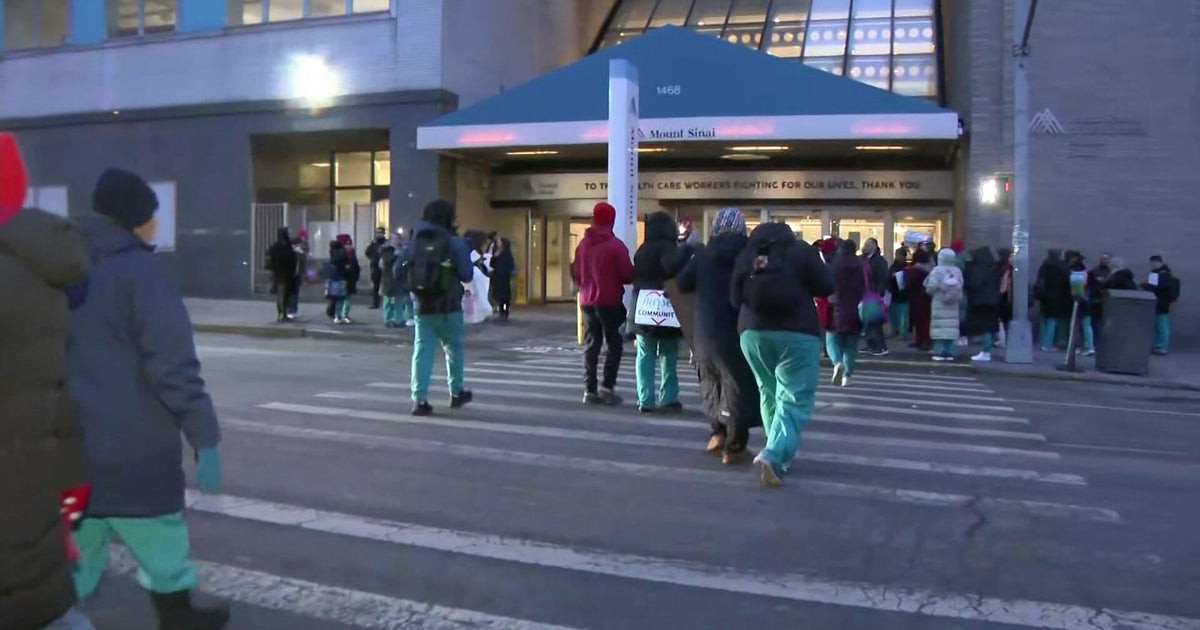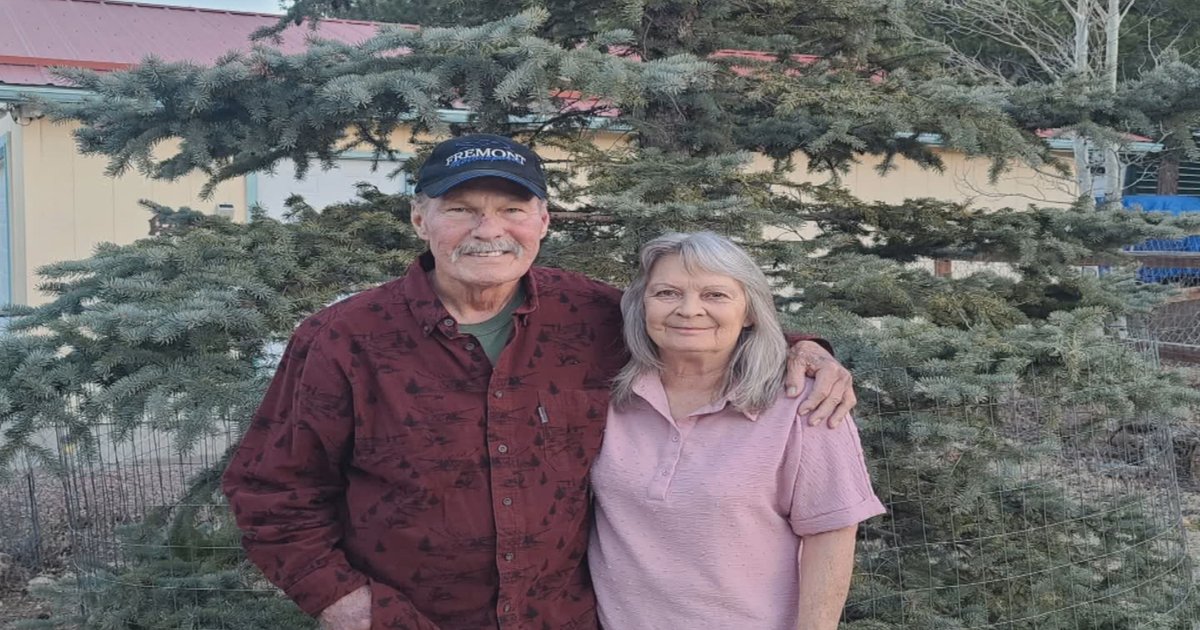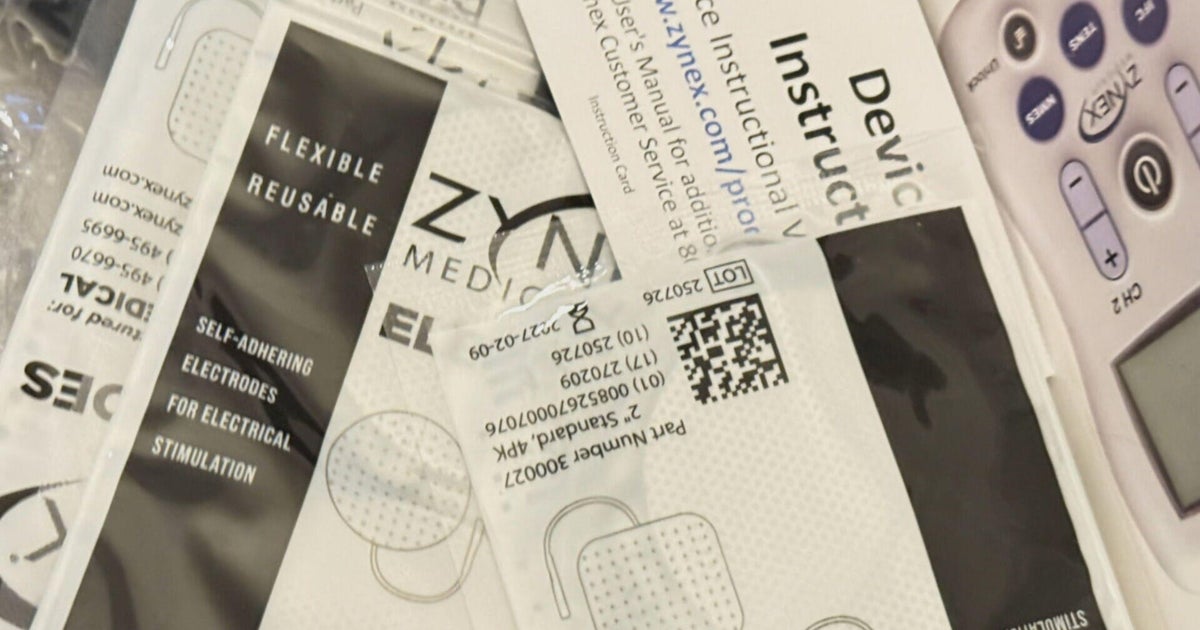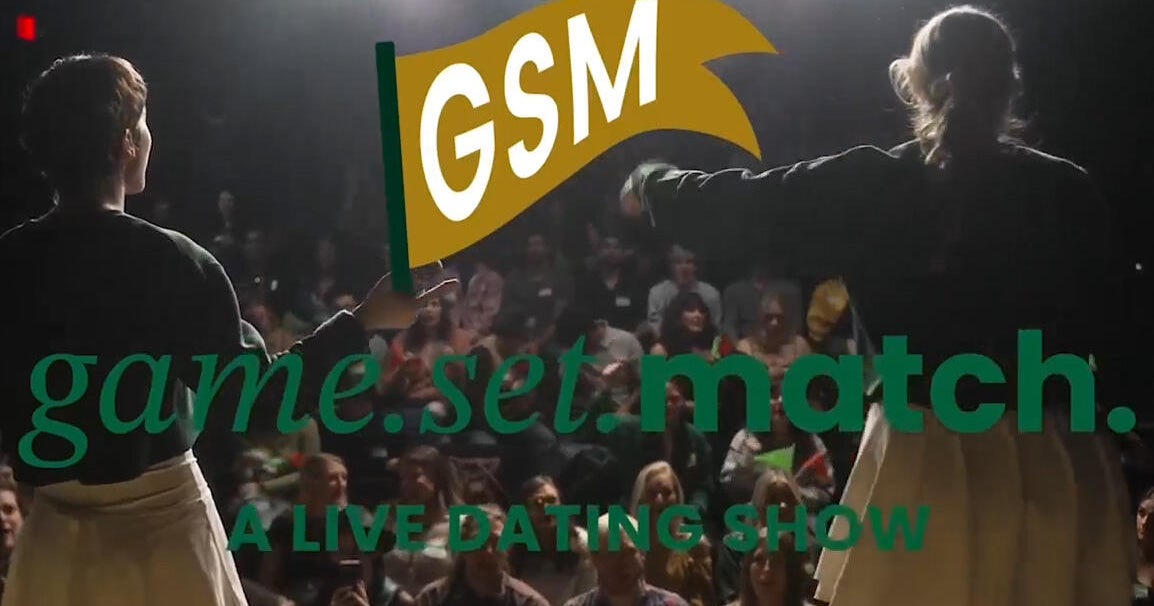New Procedure Could Be A 'Game Changer' For Coronary Bypass Surgery
NEW YORK (CBSNewYork) -- A new, minimally invasive way to do coronary bypass surgery dramatically reduces pain and recovery time because it's done robotically.
CBS2's Dr. Max Gomez says the DaVinci robot has been used for a variety of operations, from prostate to kidney to hernias and hysterectomies, but one common operation that could really benefit from the approach of a robot is coronary artery bypass.
Now, Mount Sinai is one of the few hospitals in the world putting it to use.
Seventy-one-year-old Skip Vinchess was back up and moving just a few weeks after having a double coronary bypass surgery, CBS2's Dr. Max Gomez reports.
It's a procedure that could have sidelined him with months of recovery.
"The recovery has just been a miracle. I'm back to normal, my heart is strong, and I'm able to do whatever I want to do. It just feels terrific," Vinchess said.
That's because his surgery was done totally endoscopically, meaning doctors were able to make small incisions and use a robot to insert highly specialized instruments between the ribs to perform a double bypass operation.
Traditional bypass surgery is far more invasive and involves splitting the sternum to get to the heart. The recovery is much more painful and carries a higher risk of infection.
"After totally endoscopic bypass, patients return to their normal life very, very quickly. Without pain, without that prolonged recovery, without narcotics," Dr. John Puskas said.
Puskas, chair of cardiovascular surgery at Mount Sinai St. Luke's, is one of the few surgeons in the world performing the new procedure. He believes it could be a game changer for patients.
"I think this could change the paradigm for how we treat the disease process that is the most common killer of human beings -- coronary [heart] disease," he said.
Vinchess says he feels like he's been given a gift.
"It's just been an amazing trajectory for me. Each day I feel better and better," he said.
Vinchess hopes one day the surgery that saved his life will become the standard.
For now, the TECAB surgery, as it's called, can only do a double bypass because it uses two native arteries in the chest wall to bypass the heart blockages, but those arteries make for much longer-lasting bypasses, which often re-clog in 10 years or so when veins are used for bypass.







